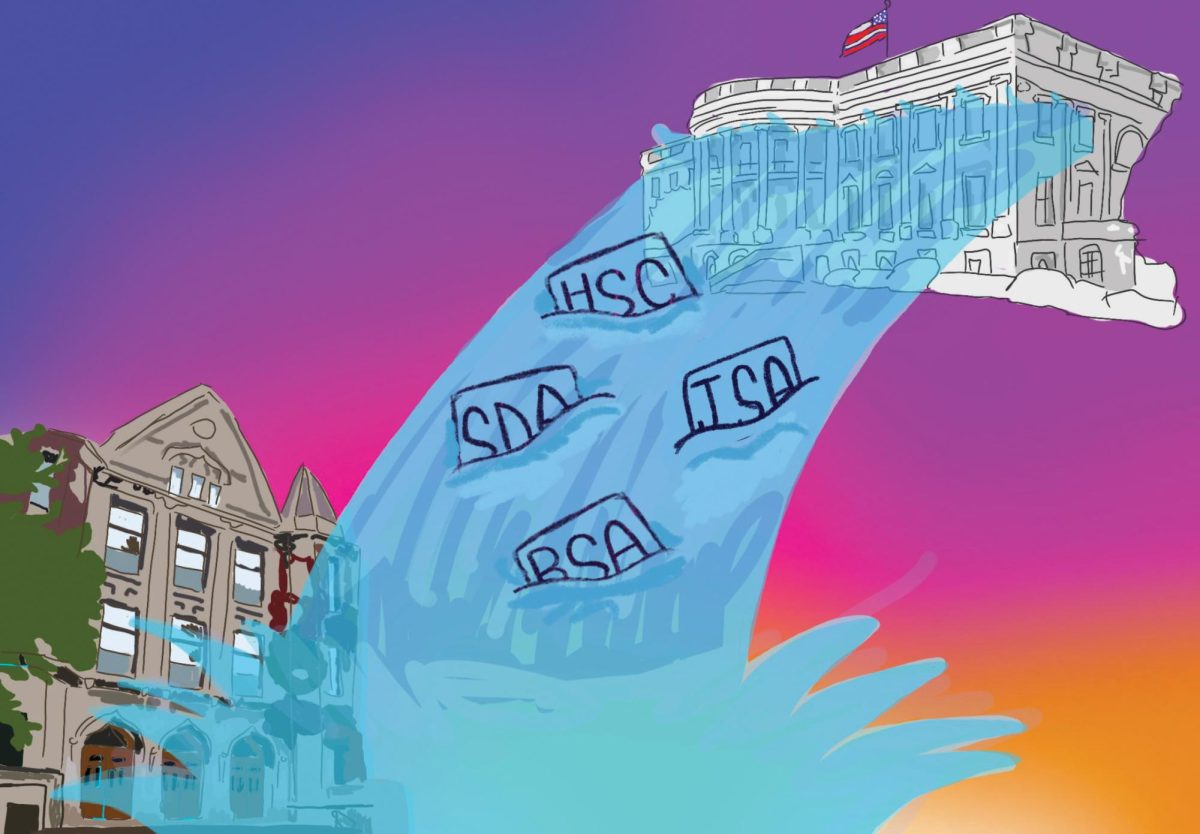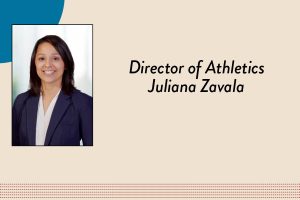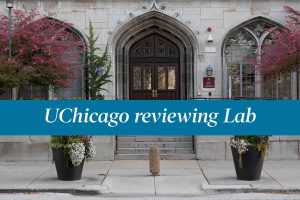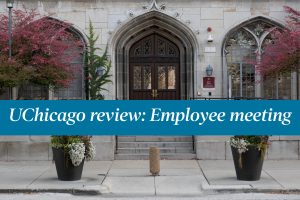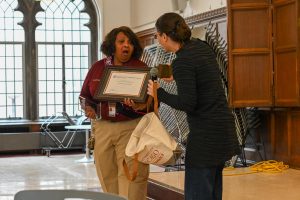Student Council inaugurates course feedback system
January 22, 2020
After a year of working through ideas, Student Council began conducting test runs of their course feedback initiative in a few classes just before winter break and plan to open the survey soon to any other teachers that wish to use it.
“We decided to run the survey through just a few classes to make sure it all works in the way it should,” All-School President Ben Cifu said. “We want to know if teachers get actual feedback, if we are asking questions in the right way and even if we are asking the right questions.”
The goal is for teachers to use the mid-year feedback to improve their courses.
Each teacher has their own access code for each class, which is typed on the feedback page of the Student Council website. The anonymous survey includes questions such as “How many minutes did you spend working on homework for this class last week?” and “What assignments were most helpful for your learning, which were not?” as well questions such as “How valuable do you find guest speakers?” with a scale ranging from “very valuable” to “not valuable at all.”
Teachers who participated in the test run received the feedback results over winter break. But in the future, teachers will receive feedback at the end of the semester.
Chris Janus, a history teacher who participated in the test-run, explained that although he is open to feedback, the anonymity of it makes it unsettling.
“It’s all great that most of the class has felt they have mastered the material, but who replied that they don’t feel comfortable with it at all? How am I supposed to help them if they only feel comfortable expressing their confusion through an anonymous survey,” Mr. Janus said after reviewing responses to a question which asked students how comfortable they felt with the material taught in the last lesson.
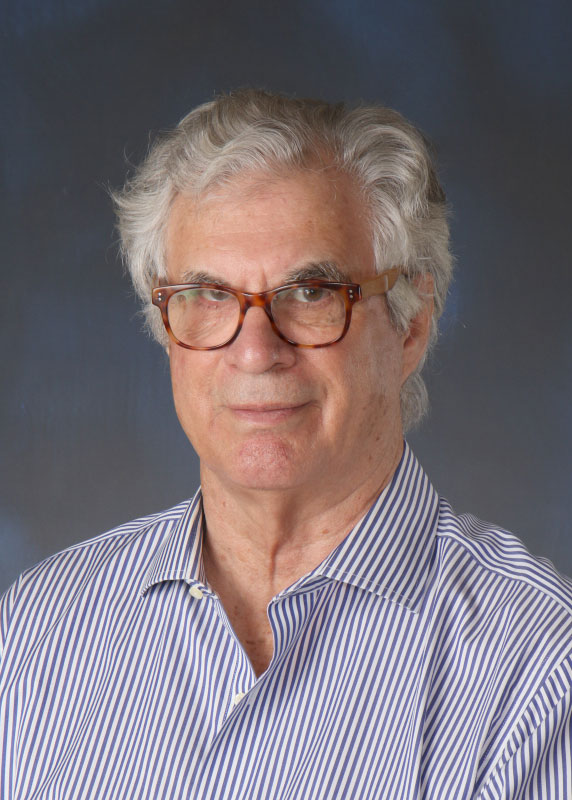
Mr. Janus explained that he feels like curriculum feedback like this is important, but he is much more comfortable to make changes if students come talk to him face to face.
“I’m not scary,” Mr. Janus said. “If a student comes and talks to me about ways they think the class could improve, that is much more effective.”
This isn’t the first time a feedback system has tried to be implemented into the U-High community.
Ben explained that in previous years teachers were concerned with the fact that multiple teachers taught the same course and that the goal of the feedback initiative wasn’t clear. This time around, it is.
“We really shifted it to making it how can we create actual feedback for teachers,” Ben said. “Before, a lot of teachers would ask for feedback at the end of the year, but students felt like it didn’t really matter and nothing would happen with it. Now, if we have mid-year feedback, it can actually be implemented.”
Student Council worked to make sure feedback was standardized and beneficial for teachers.
Ben said, “We also hope that by filling out this survey, students can feel like teachers are being held accountable to actually respond to this feedback and implement it in the classroom because there is still so much time left in the year.”




















